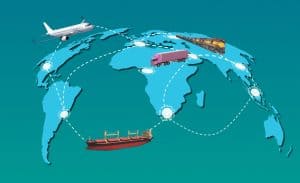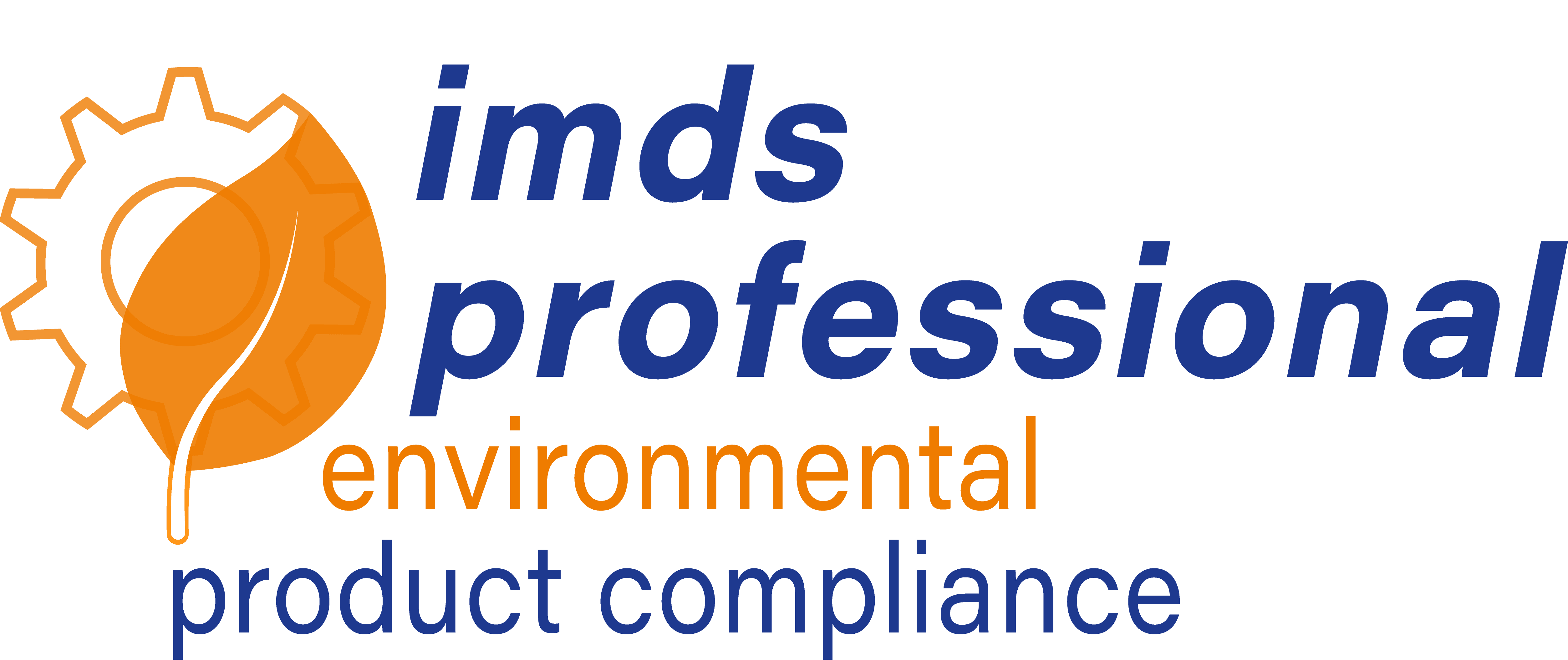Supply Chain Due Diligence Act
Information and services on the Supply Chain Act
Shining the spotlight on sustainability and human rights

Environmental impact, human rights, and sustainability are playing an increasingly important role in our interconnected world with its interdependent supply chains. Public attention has been focused squarely on questions about product origin and working conditions, not least due to headlines concerning accidents in textile factories and mines. Consumers want to know where the products they are buying come from and understand more about manufacturing conditions, recyclability, and sustainability. Companies and politicians are also focusing more intently on sustainability and climate neutrality (keyword: Green Deal).
The Supply Chain Due Diligence Act (LkSG) has been in force in Germany since 2023. In summer 2024, the EU adopted a delegated act for a directive on the due diligence obligations of companies with regard to sustainability (CSDDD for short). However, according to the EU Commission’s current proposal, this is to be postponed until June 2028 and its content weakened. On this page, we present the content of the two legislations, show you which companies are affected and what needs to be done.
We will be happy to support you in implementing the requirements.
The German Supply Chain Due Diligence Act (LkSG) came into force on January 1, 2023 and applies to companies with more than 3,000 employees. Then from January 1, 2024, it will apply to all companies with more than 1,000 employees. As the title suggests, the act concerns the observation of human rights and specific environmental due diligence obligations across a company’s supply chains.
These due diligence obligations include:
- Establishment of risk management procedures across all relevant business processes (§4)
- Risk analyses to be conducted at least once a year to identify operational risks and risks relating to direct suppliers (§5)
- Company management to adopt a policy statement on the company’s human rights strategy (pursuant. to §6 para. 2, p. 2)
- Implementation of preventive measures (§6)
- Preparation and publication of a report on the fulfillment of due diligence obligations (§10)
- Corrective actions to be taken to prevent, stop or minimize legal violations (§7)
- Incident-based risk analyses, preventive measures, and remedial measures for indirect suppliers (§9)
- Establishment of a complaints procedure
The supply chain encompasses the steps and companies involved in the production and marketing of a product, i.e. from raw material extraction to delivery to the end customer. Services such as transport or intermediate storage are also included. This means that the law also indirectly affects companies that do not directly fulfill the aforementioned due diligence obligations but must provide information to their customers.
Human rights that must be respected are:
- Prohibition of child labor
- Protection against slavery and forced labor
- Freedom from discrimination
- Protection against the unlawful seizure of land
- Occupational health and safety and related health hazards
- Ban on withdrawing the payment of a fair wage
- Right to form trade unions or employee representative bodies
- Ban on causing harmful changes to the soil or water pollution
- Protection from torture
The following environmental laws must be complied with:
- Specific substance bans
- The Minimata Convention on Mercury
- The Stockholm Convention on Persistent Organic Pollutants (POPs)
- The Basel Convention on Transboundary Movements of Hazardous Wastes and Their Disposal
It is important to know that the principle of reasonableness applies. First, the obligations to be fulfilled are graduated according to the company’s range of influence: Different regulations apply to the company’s own business operations than to the actions of contractual partners such as subsidiaries or other suppliers. In addition, a company is only required to do what it can reasonably expected to do based on parameters such as size, the nature of its business, or its proximity to the supplier. There is no obligation to prevent something unfavorable from happening, only an obligation to make an effort to do so.
With the Corporate Sustainability Due Diligence and amending Directive (CSDDD), the EU wants to promote sustainable and responsible business practices across the entire supply chain. The aim is to make human rights and environmental protection mandatory for everyone.
Affected companies:
- Large EU companies with limited liability & partnerships (>1000 employees and >450 million euros turnover (net) worldwide)
- Large non-EU companies (> EUR 450 million turnover (net) in the EU)
- SMEs and micro companies may also be indirectly affected as business partners.
Additional rights and regulations to be considered:
- Fundamental and human rights concerns such as the right to believe and worship as you choose
- Children’s rights (also beyond child labor)
- Rights of indigenous peoples
- Biodiversity protection
- Washington Convention on International Trade in Endangered Species (CITES)
- Trade in hazardous chemicals (PIC)
- Protection of the ozone layer
- Compliance with the targets set out in the Paris Agreement on climate change (European Green Deal)
A further variance from the German LkSG is that rules on liability are also expressly provided for if due diligence duties obligations are not observed.
According to the current status, the European directive is to be transposed into national law in the member states in June 2028 and some regulations will be weakened. You can find the latest information and helpful links in our ipJournal.
The introduction of the LkSG once again also highlights the relevance of conflict minerals for European companies. So far, only importers in the EU have to comply with relevant due diligence requirements when they import tin, tantalum, tungsten, their ores and gold (known as the 3TG). Other companies were only affected indirectly when they supply goods to publicly listed companies in the US, which are required by the Dodd-Frank Act to provide information about the origin of these minerals. Among other things, the aim of the LkSG is to prevent child labor and safeguard occupational health and safety, and a fair wage. This is often not the case in many mines where minerals such as the 3TG and mica and cobalt are extracted – and this continues to be the case all over the world (not only in the Democratic Republic of the Congo, which 3TG regulations have applied to so far).
The CMRT Excel form – provided by the Responsible Minerals Initiative (RMI for short) – is used to report the 3TG defined as conflict minerals. An extended reporting form, the EMRT, has been available since October 2021. This is intended to identify bottlenecks and collect information on due diligence in the cobalt and mica supply chain. In April 2025, it will be expanded to include the minerals copper, graphite (natural), lithium and nickel in order to meet the requirements of the EU Battery Regulation.

Services related to the supply chain due diligence act
Do you need an overview of what lies ahead for your company? Do you need help establishing appropriate processes? Make an appointment now for a free, 15-minute solution check!
Trainings on the supply chain act
At our ipCampus you will find training courses worldwide and in many languages, and you can also request an exclusive training course for your company.
